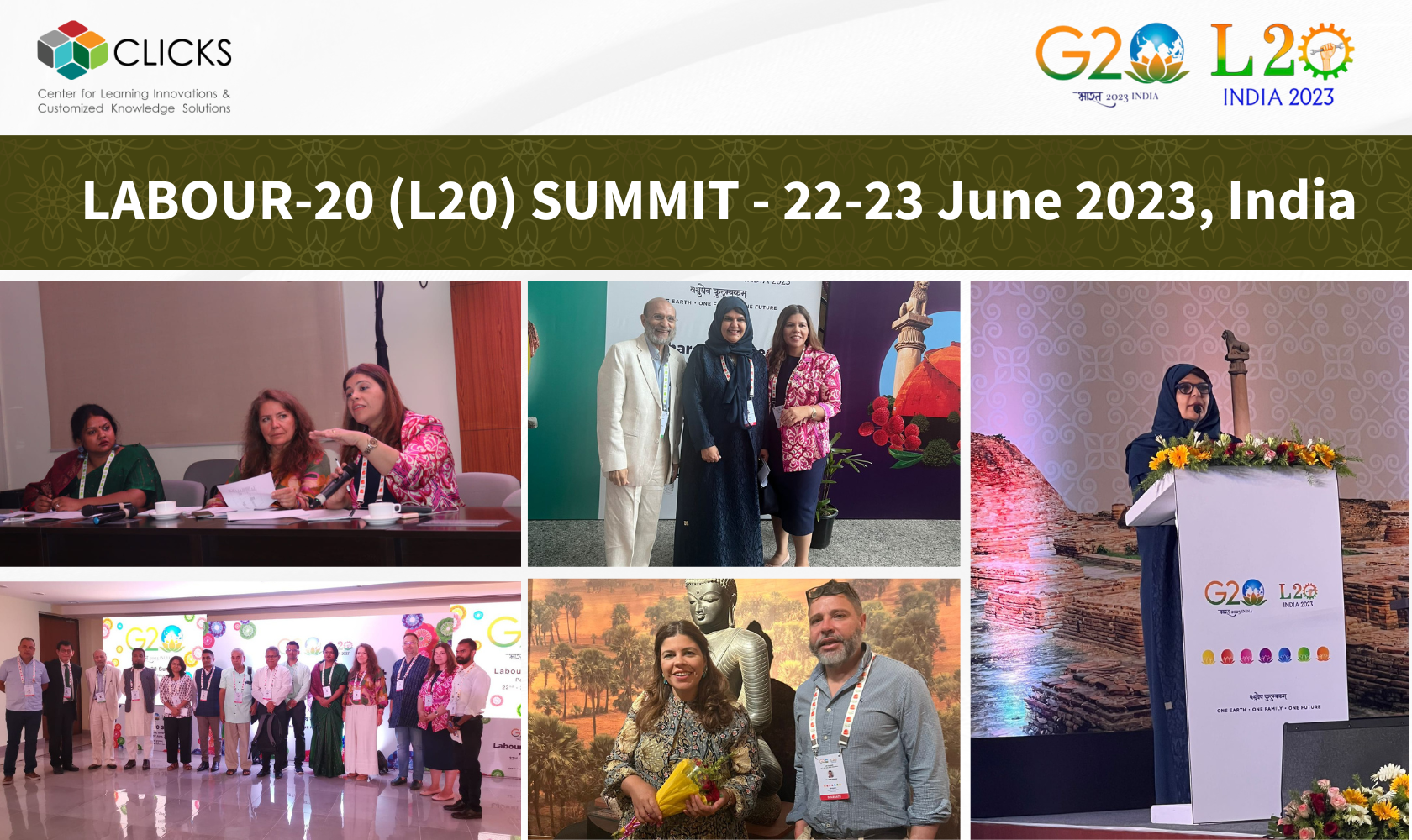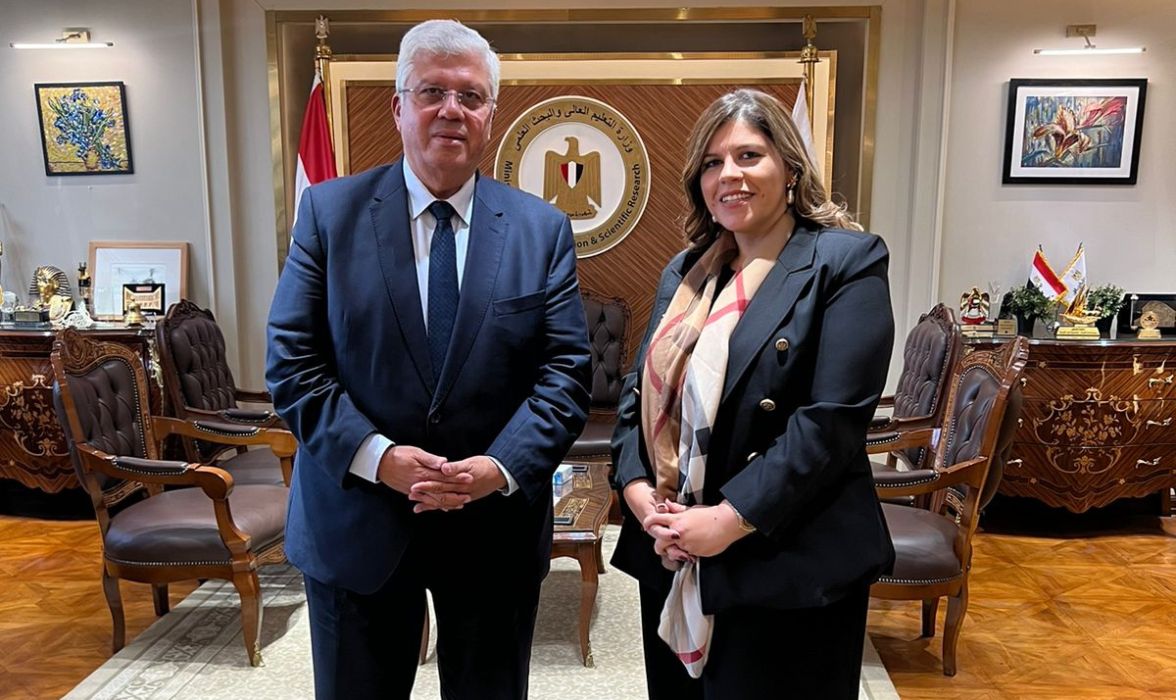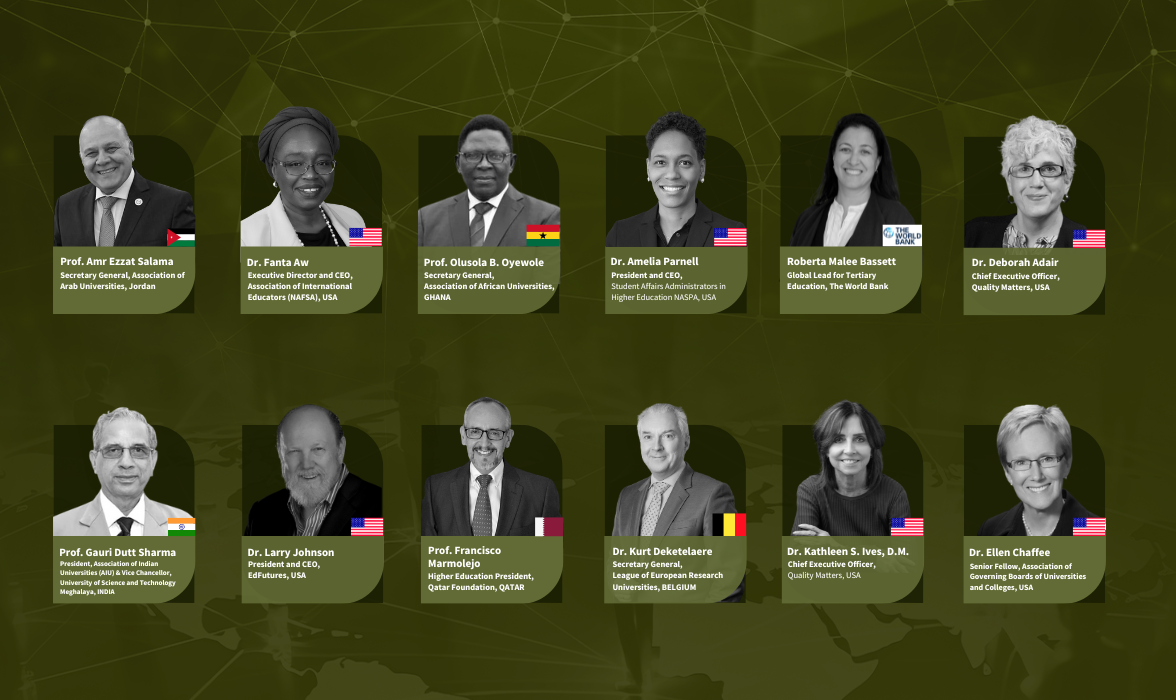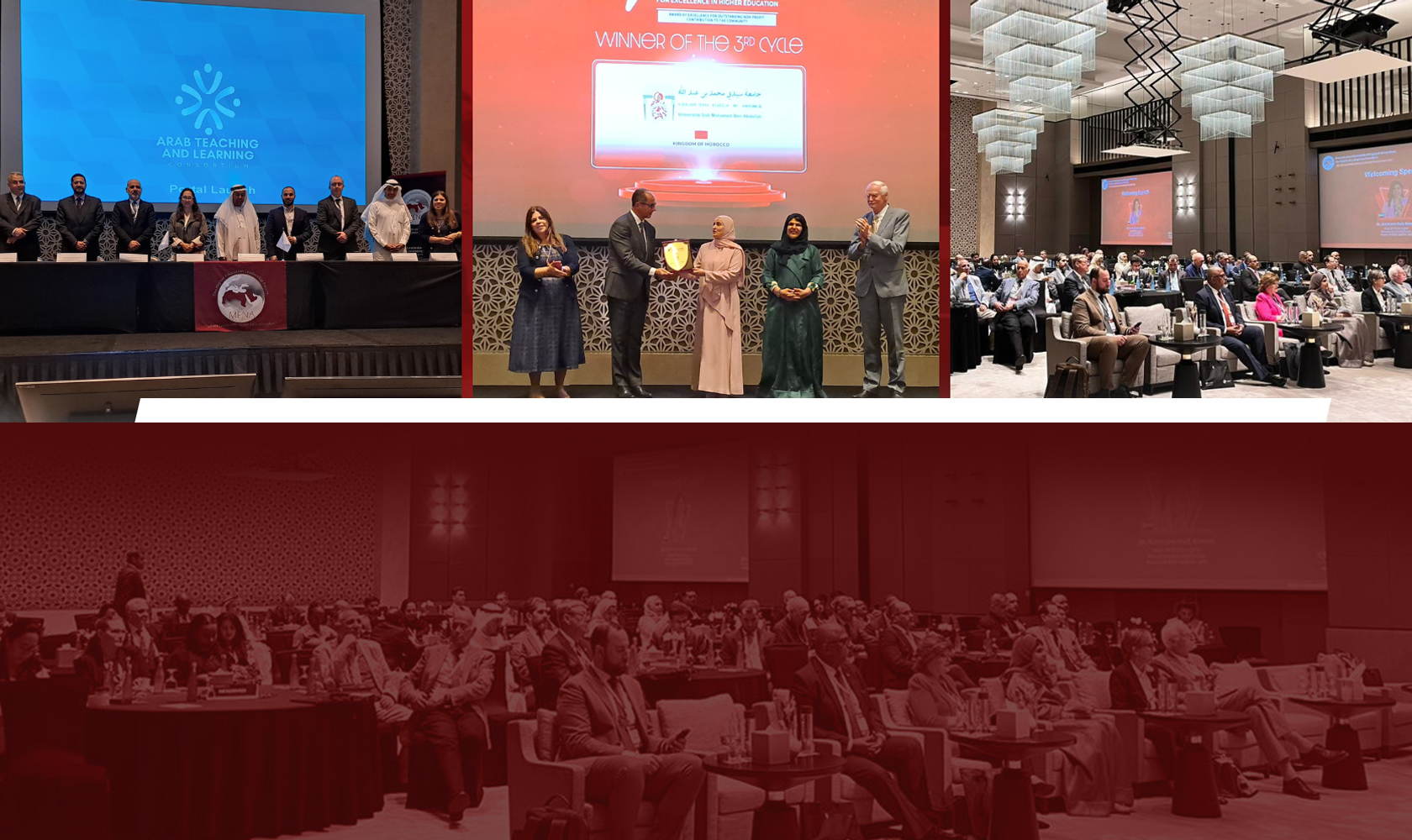India, 22nd June, 2023
Dr. Narimane Hadj-Hamou, Founder and CEO of CLICKS participated along a group of international experts in the two-day summit of the Labour 20 (L-20) which started on the 22nd of June, 2023 in Patna, India.
The event brought together 173 delegates representing 28 different countries that include apart from the G-20 countries, an additional eight countries that were invited under the presidency of India of the G-20 namely these invited countries included: Bangladesh, Egypt, Mauritius, Netherlands, Nigeria, Oman, Nepal and the United Arab Emirates.
The L20 Summit is one of the engagement groups under the G20. It comprises leaders and representatives of trade union centres of G20 countries who provide analysis and policy recommendations aimed at addressing labor-related issues.
Dr. Narimane contributed to a task force titled “ Skills Development: Roles and Responsibilities of Stakeholders” .The primary objective of this task force was to propose a roadmap for G20 countries to address the issue of skills gaps using a stakeholders’ approach where different parties including trade unitions, governments, education providers, industry associations, etc. would collaboratively work together.
In her concept document, Dr. Narimane addressed some of the most pressing challenges developing countries face in the realm of labor and skills, which include: Unemployment accompanied with limited job opportunities and the inability to match available skills with market demand contribute (skill mismatch) , inadequacy of the national educational and training systems and its ability to align with industry needs, limited access to quality education and vocational training, particularly in rural and marginalized areas which may also prevent individuals from acquiring the necessary skills for employment and upward mobility. She has also highlighted some of the strategies that can be considered to address skill gaps and the development of workforce including need to strengthen educational systems (i.e. establish dual education systems, focus on competency based education, incorporation of apprenticeship and internship, adopting Outcome-based Education Policy and the Development of National Qualifications Frameworks (NQFs) and stronger ties with the industry among others. In addition to other considerations such as establishing a holistic national approach to skills development, enhancing Labor Market Information Systems to gather data on skill demand and supply and developing enabling policies to promote skills development, upskilling and reskilling are a must.
Furthermore, Dr. Narimane shed light on the UAE government’s commendable efforts in addressing the skill gap through its broader Centennial 2071 Plan which aims to invest in future generations and equip them with the skills and knowledge needed to keep pace with the global rapid changes along its Advanced Skill Strategy announced in 2018 which is an example of a ‘forward-thinking’ approach that aimed at consolidating the concept of life-long learning for citizens and residents of the UAE to achieve the goals of Centennial Plan 2071.
Dr. Narimane’s concept document concluded by addressing the role of different stakeholders and proposed recommendations, which were actively discussed during the meeting along other incorporated recommendations of other members of the task force members.
The Task Force on Skills Development which was part of a larger endeavor that included four other task forces addressing significant issues such as : Universal Social Security, Women and the Future of Work, and International Migration included other than CLICKS’s CEO experts from India, Hong Kong, Brazil, Bangladesh and UNESCO and aimed to address current issues and challenges G20 countries (along invited countries) faced with skills development
Within this context Dr. Narimane said “Addressing the skills gap and workforce development in developing countries requires a comprehensive and collaborative approach involving various stakeholders. While common strategies and models can offer guidance, they need to be carefully adapted to the specific context of each country and region. Strengthening national education systems, promoting skills development and upskilling, improving workforce policies and working environment, and promoting international collaborations are effective approaches that may be considered to bridge the skill gap.” She added : “ One transferable model that many developing countries can consider is the proactive and multi-stakeholder approach demonstrated by the UAE in addressing the skills gap and advancing skills for the future. By learning from successful examples like the UAE, countries can tailor their strategies to their unique circumstances and make progress in closing the skill gap”







